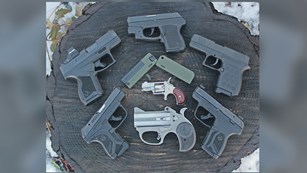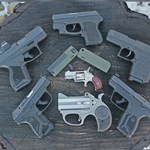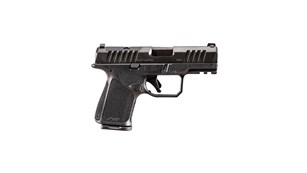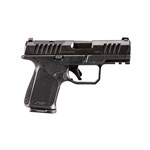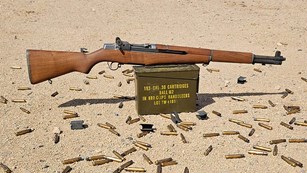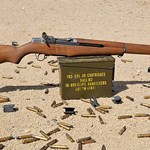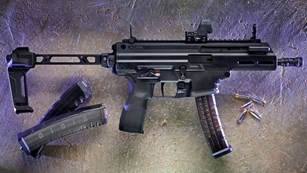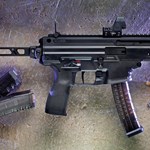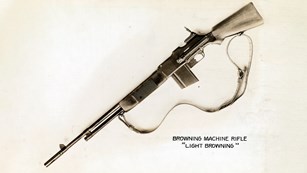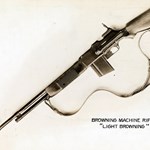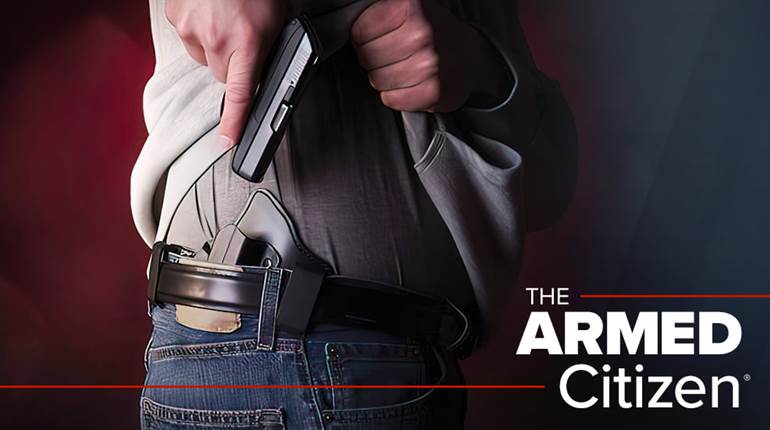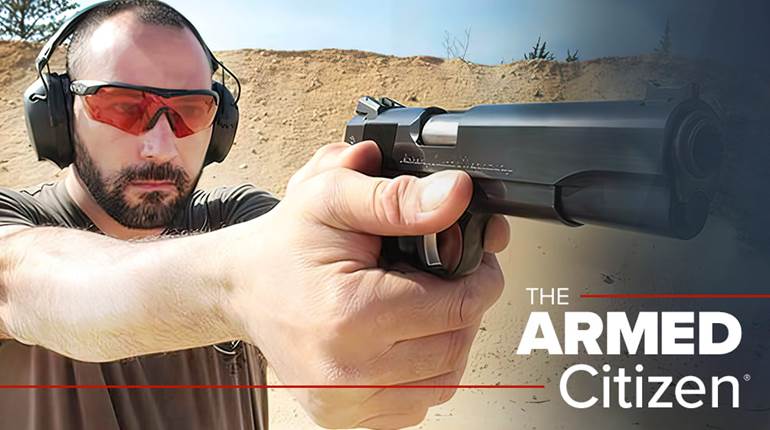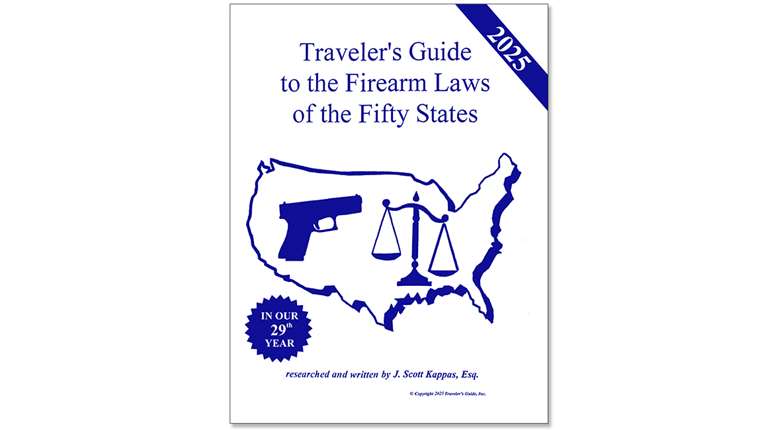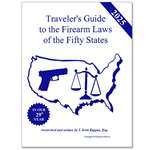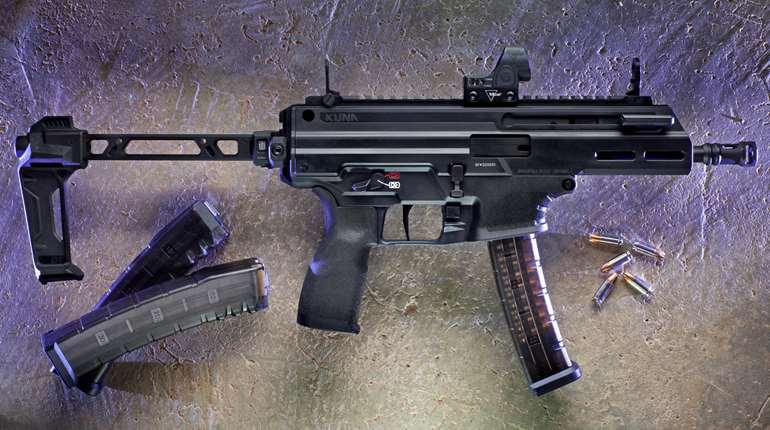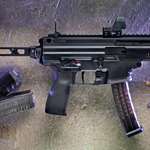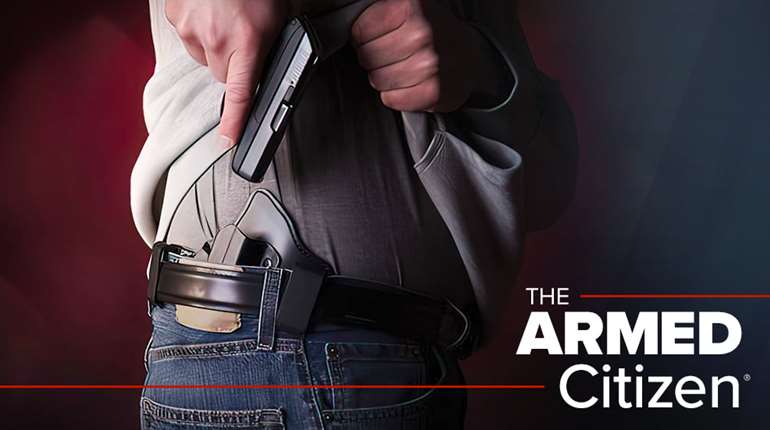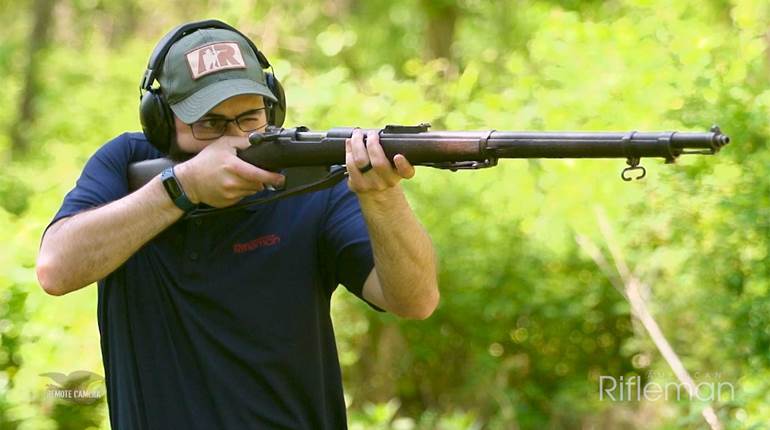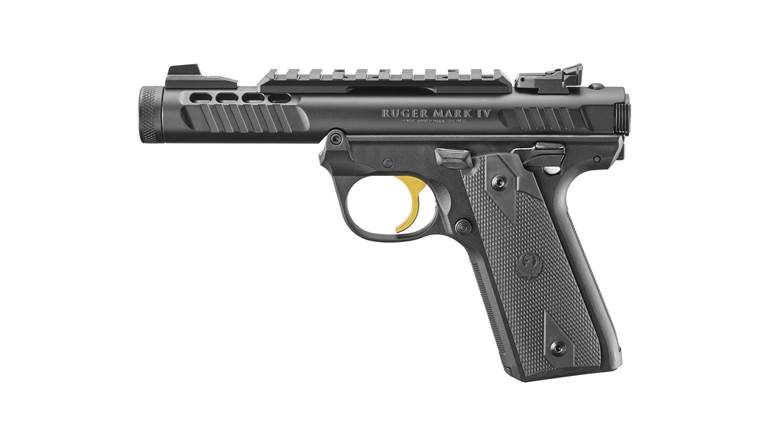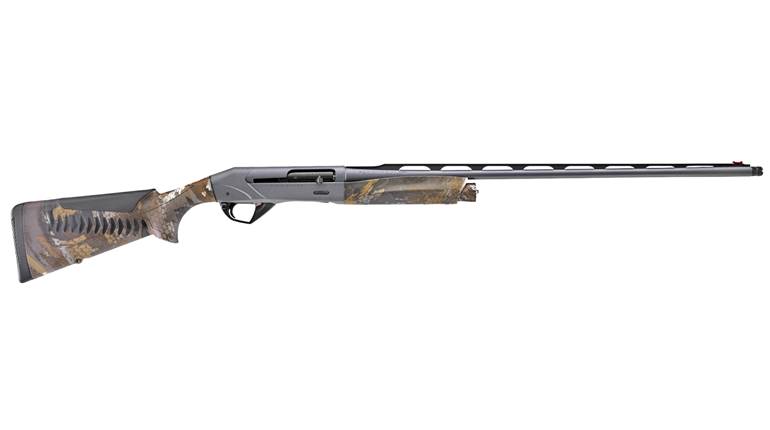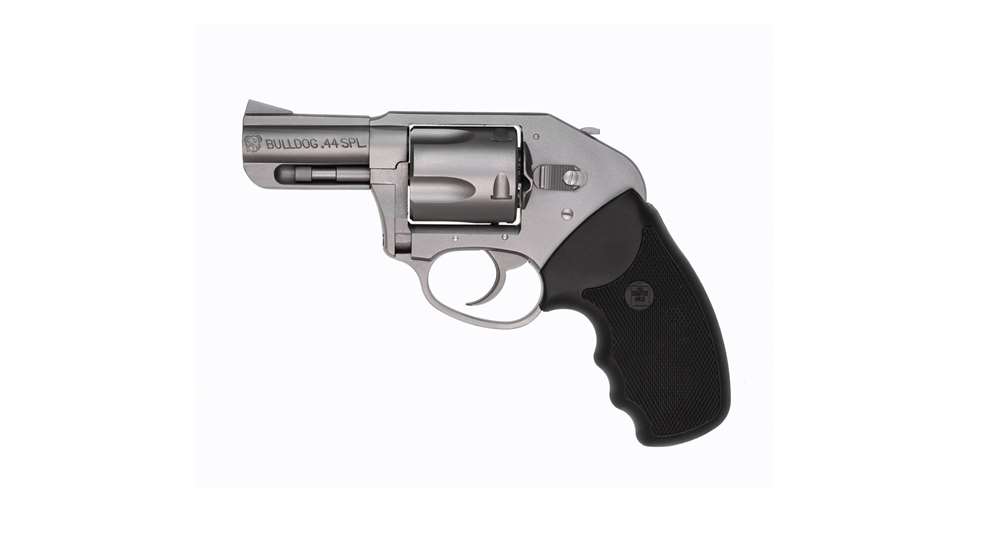
Not too long ago, I was reading a post in an online forum in which a participant shared a description and photo of his preferred trail gun, a snub-nose, five-shot revolver chambered in .44 S&W Spl. It had a mixed-metals construction to reduce its weight, a surprisingly compact grip for the caliber and a rounded-off, concealed-hammer-profile to make it easier to draw. The owner said he always packs it into the woods in case of four or two-legged threats.
The comments following this post were, for the most part, less than positive: What was this guy doing using such an antiquated cartridge in the 21st century? Why carry a revolver at all when there are so many sleek and fully capable semi-automatics to choose from? Why was a revolver like that even made in the first place? And what an ugly gun to boot!
I found these comments to be intriguing because of the features that were being criticized, the same attributes that made that particular .44-cal. wheelgun such a good fit for that concealed carrier’s needs. In other words, it was the 'wrong' gun but for all the right reasons. At this point, I felt it was necessary to physically delve into the topic and shoot one for myself to see how it performed.
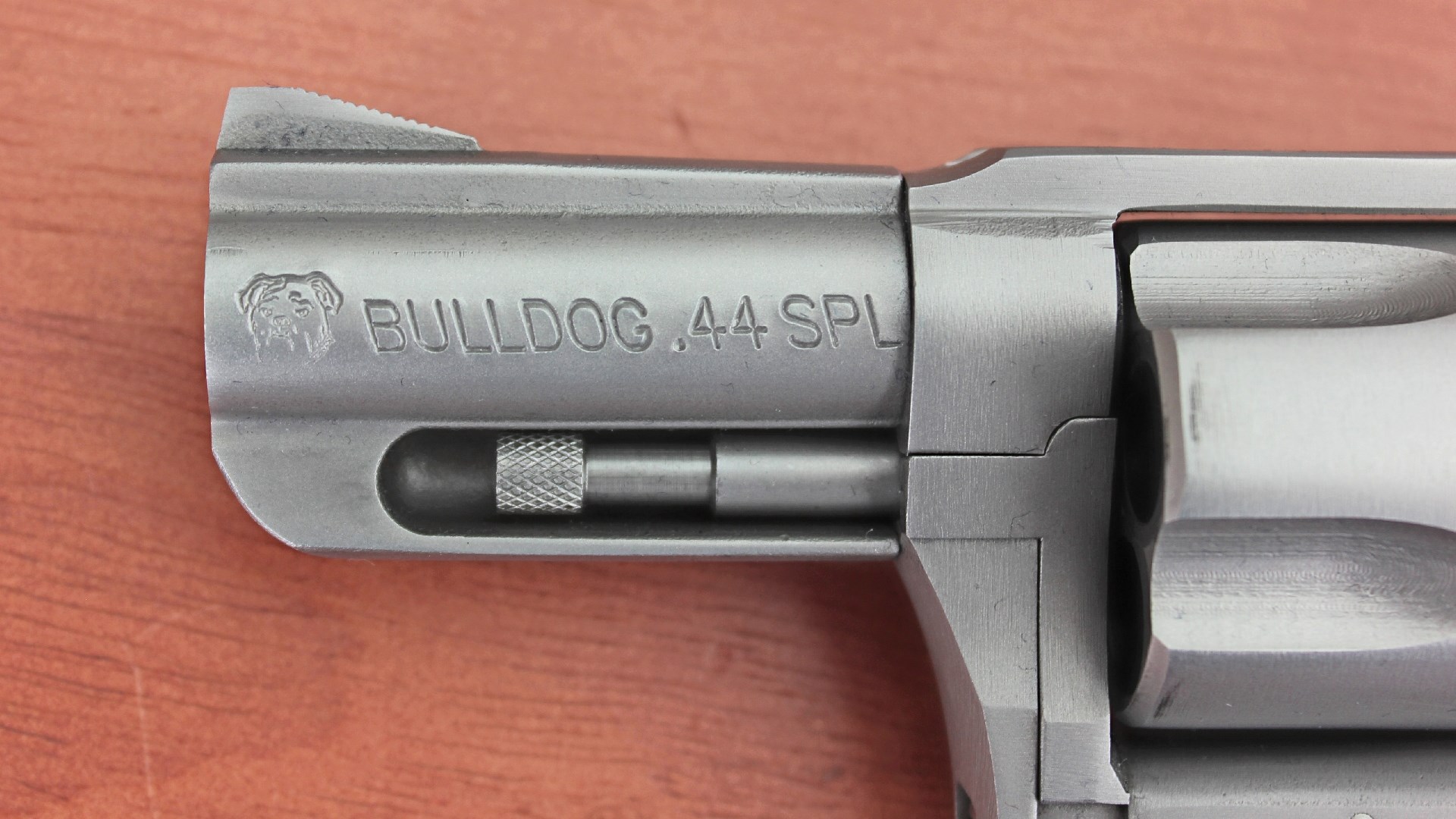 The Charter Arms Bulldog has been in production since 1973 and continues to be the flagship model for the company.
The Charter Arms Bulldog has been in production since 1973 and continues to be the flagship model for the company.
The .44-cal. snubby in question just so happened to be discontinued more than two decades ago, so in order to give the comparison a fair shot, I looked around for a current production model as close to it in weight, size and features as possible. I found it in the Charter Arms catalog, and it is the rarely seen, double-action/single-action (DA/SA), Model #74410 Bulldog with a shrouded hammer. Once I lined one up for evaluation, I decided to take things a step further by rolling in an old-school grip and dated ammunition options that would make it even more disagreeable to some. My findings below will either please or offend audiences, since there seems to be little middle ground when it comes to big-bore carry revolvers like the Charter Arms Bulldog.
Is That Old .44 S&W Spl. Cartridge Still Around?
Before we throw too much shade on particular handgun cartridges because of their age, let's remember that several of today's popular defensive options have been around for quite some time. The .357 Mag. was launched in 1935, having been developed as an answer to highway patrol officers’ requests for a more potent round capable of punching through the bodies of automobiles often used for cover by the criminals of the day. Its parent cartridge, the .38 Spl., has been in production since 1898. Yet it is still one of the most common caliber options for snub-nose revolvers today. The .44 S&W Spl. cartridge was launched by Smith & Wesson Inc., in 1908, which just happens to be six years after the release of the now-ubiquitous 9 mm Luger pistol cartridge.
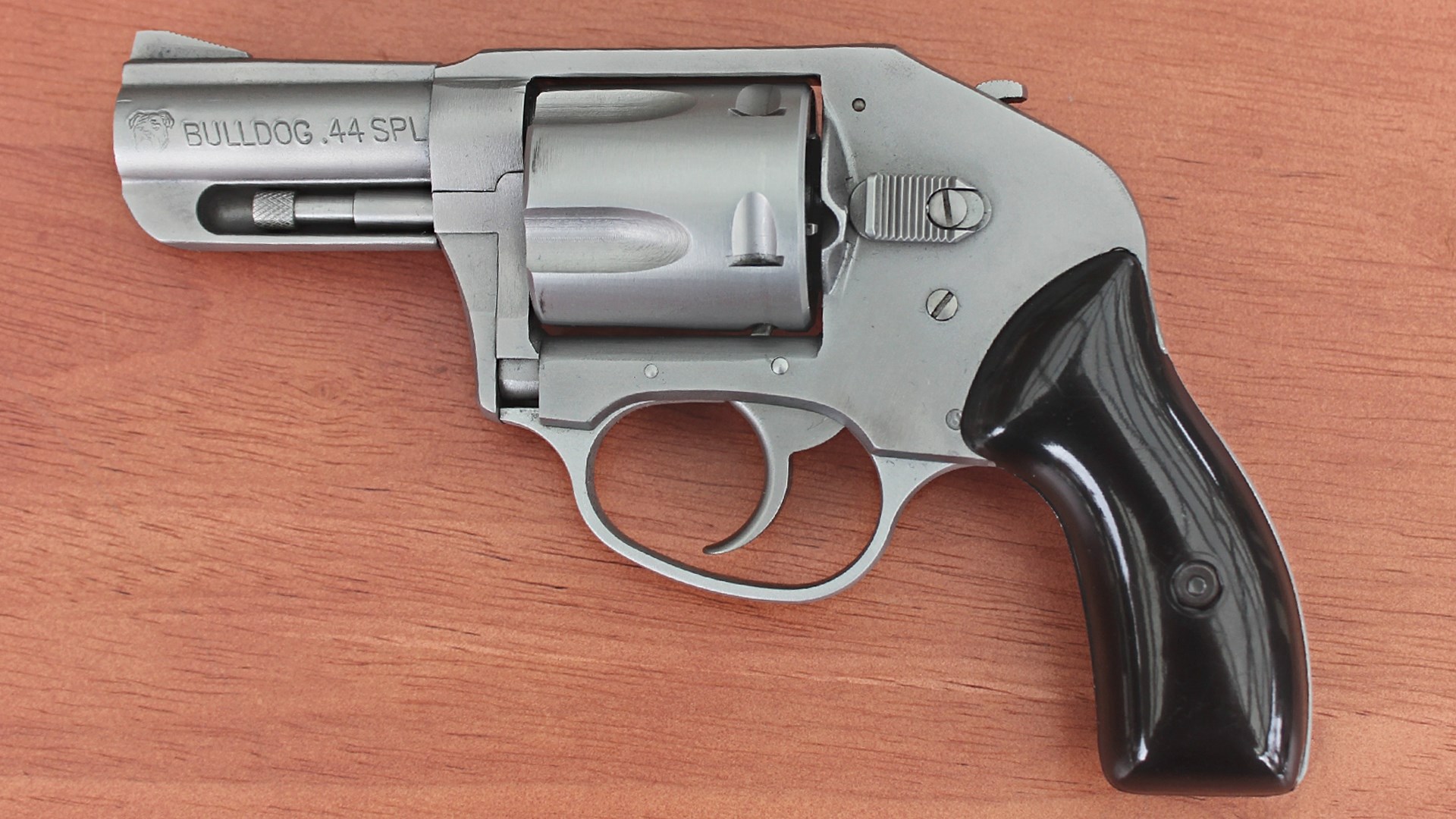 This revolver has an all-stainless-steel construction with the exception of the aluminum grip frame and trigger guard.
This revolver has an all-stainless-steel construction with the exception of the aluminum grip frame and trigger guard.
Still, describing the .44 S&W Spl. as old fashioned isn't wholly inaccurate. Over the years, the 9 mm Luger, .38 Spl. and .357 Mag. have all received tune-ups to meet performance expectations of the 21st century. Commercially available loads in these chambering outperform earlier versions, thanks to advancements in powder and bullet technologies.
But the .44 S&W Spl. still seems to cling to its 20th century proclivities. In the 1950s, Elmer Keith and his compatriots kept boosting the performance of the .44 S&W Spl. until it eventually turned into the famous .44 Mag. The then-new magnum load's popularity drove performance enhancements into the future, while the subdued .44 S&W Spl. cartridge slipped into a ‘developmental limbo’ of sorts.
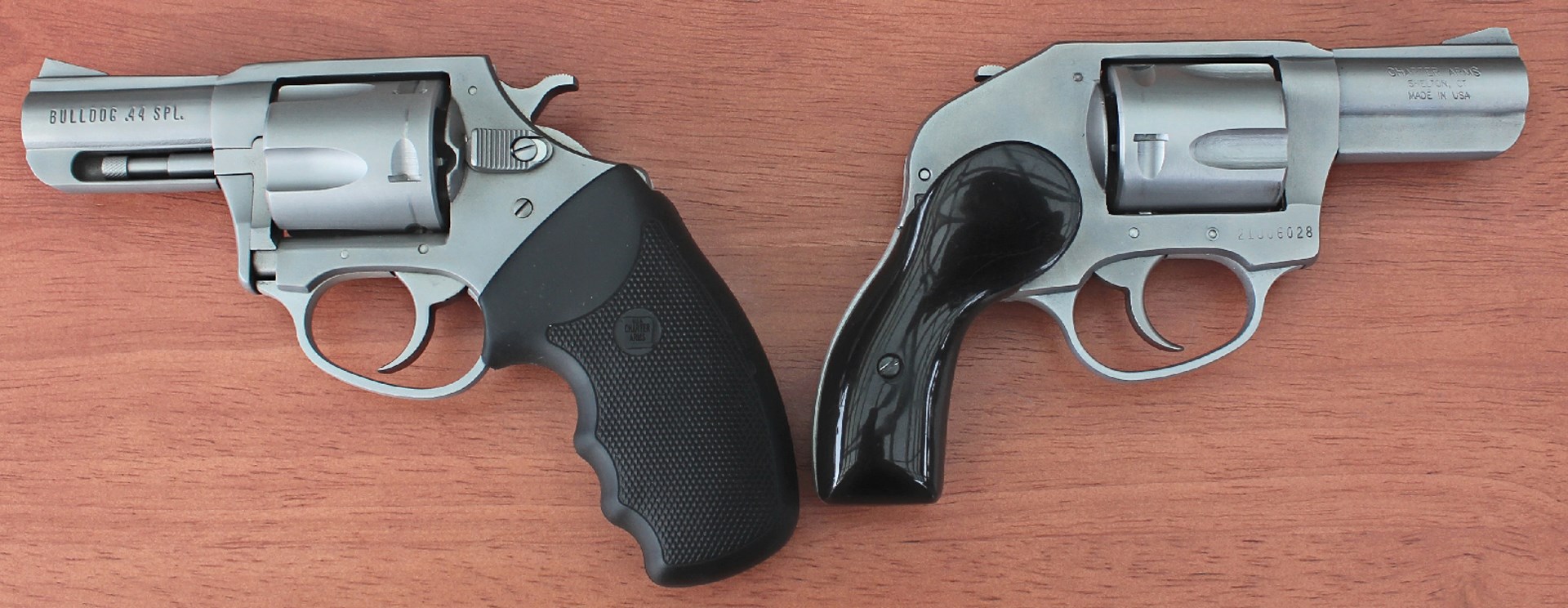 The Bulldog with a standard hammer and grip (left) compared to the shrouded hammer model fitted with a Barami Hip Grip (r.).
The Bulldog with a standard hammer and grip (left) compared to the shrouded hammer model fitted with a Barami Hip Grip (r.).
Insofar as today’s swath of defense-grade .44 S&W Spl. loads, they are commonly available and filled with up-to-date powders and topped with the best-available jacketed hollow-point bullets, including the Hornady Custom and DoubleTap Defense load that I tested for accuracy and notated below. However, the formula for success of the .44 S&W Spl. is a cartridge that still relies on a large-caliber bullet traveling at moderate velocities to effectively stop threats. This defensive formula was popular in the “good ol' days” and, since the laws of physics have yet to be repealed, it still works today. Among the most elderly hollow-bullet designs still in production is the Federal Champion load shown in the table below, a 200-grain bullet with a semi-wadcutter profile and a hollow point. This unjacketed bullet is made using a soft lead alloy that is found to expand reliably at lower velocities. As you can see from the range results, it punched out slightly tighter groups than its jacketed bullet compatriots:
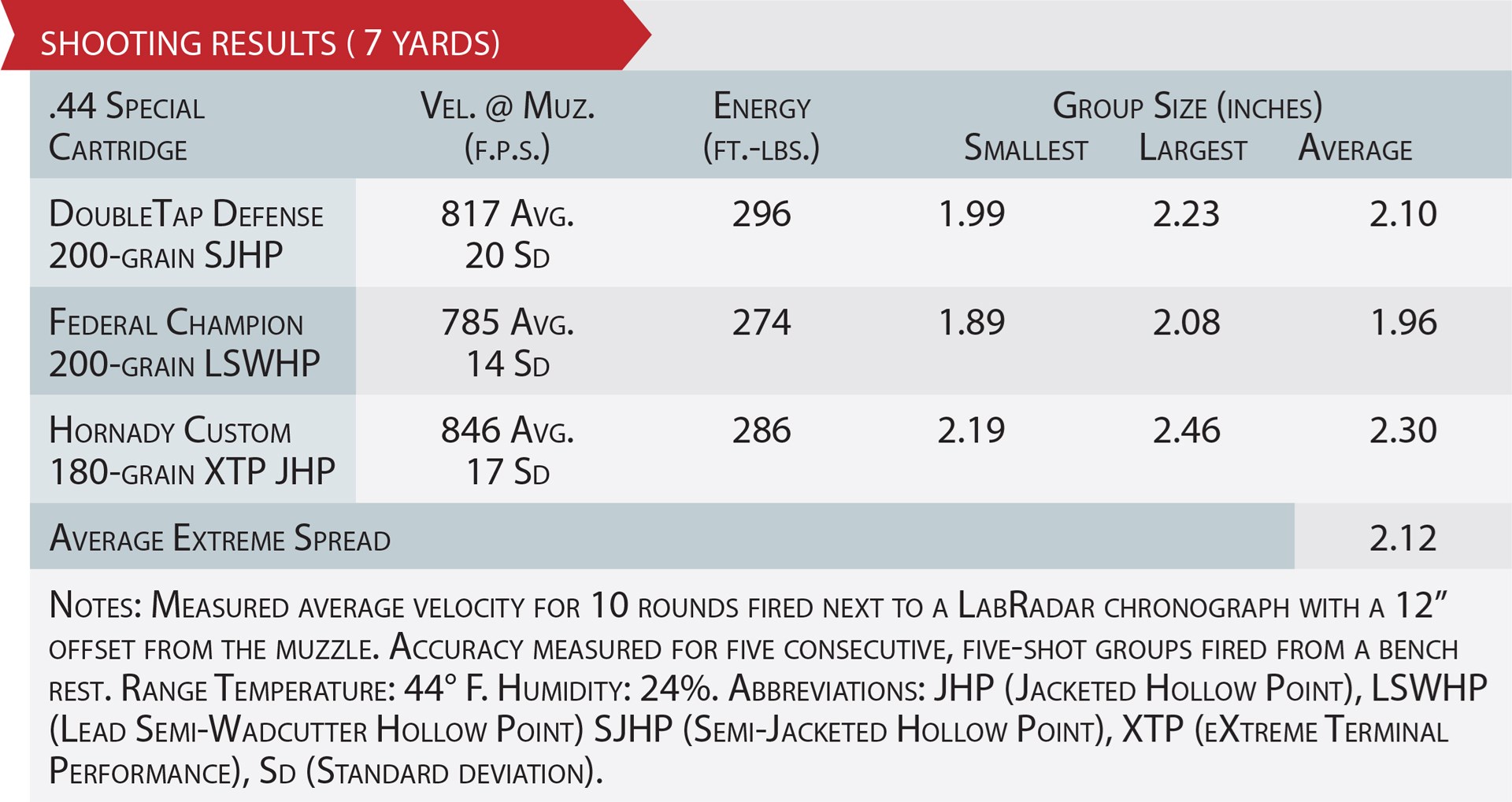
What About Recoil?
The level of felt recoil a given handgun generates ever has been, and ever will be, a point of personal consideration. Either self-defenders are willing to work with more lively snub guns or they're not. Folks should carry what works for them, so there's nothing wrong with choosing something other than a big-bore double-action revolver.
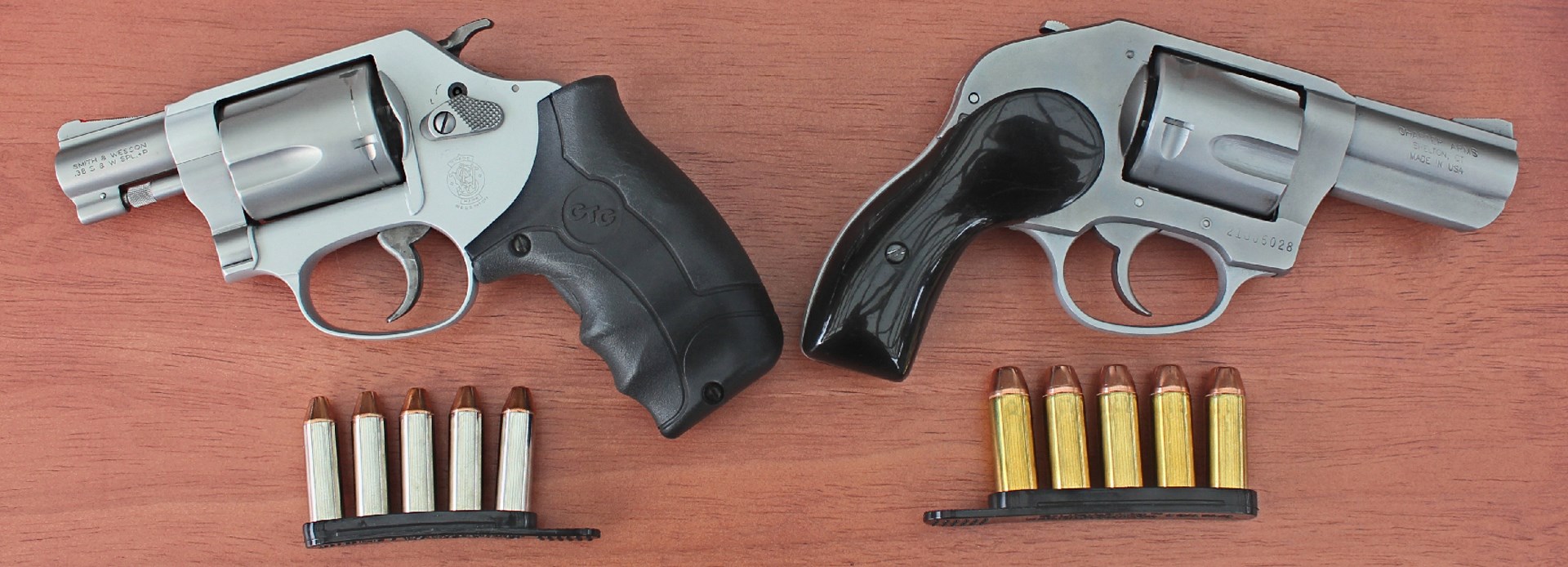 A 2.5”-barrelled, aluminum-frame, S&W J-Frame .38 Spl. (l.) weighs 15.1 ozs. unloaded, while the 2.5”-barrelled Bulldog (r.) tips the scales at 18.9 ozs. with the Hip Grip installed.
A 2.5”-barrelled, aluminum-frame, S&W J-Frame .38 Spl. (l.) weighs 15.1 ozs. unloaded, while the 2.5”-barrelled Bulldog (r.) tips the scales at 18.9 ozs. with the Hip Grip installed.
But just how much recoil do you get with this gun-and-ammunition combination? The stainless-steel version of the Bulldog I sampled, when outfitted with the Barami Hip Grip, weighs in at 18.9-ozs., unloaded. Its low weight is due, in part, to the one-piece aluminum trigger guard and grip frame. I once heard that shooting the Bulldog is a lot like catching a fast ball without a mitt. For those who are not used to guns like this, that's an accurate description.
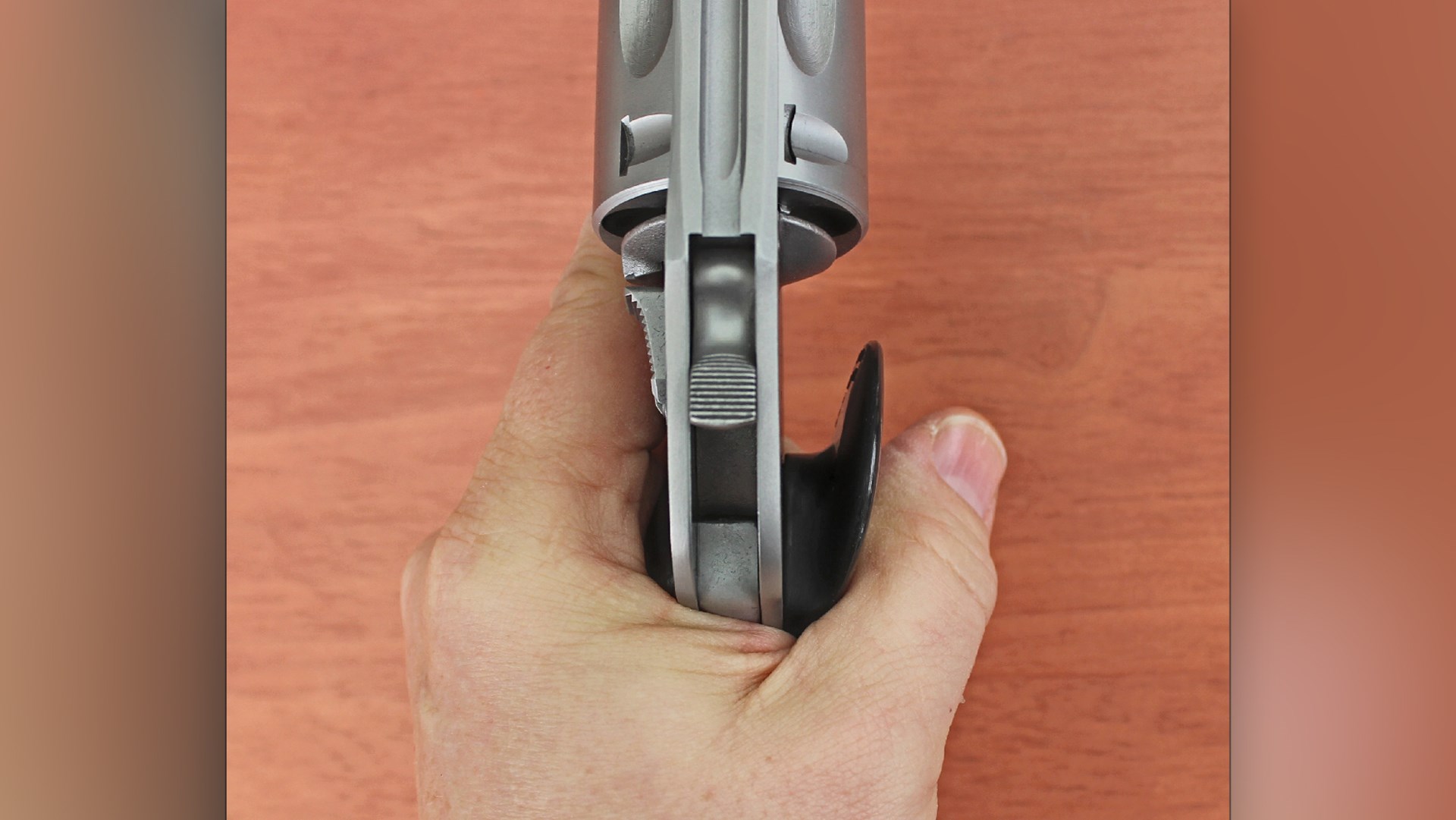 The Hip Grip’s right-side belt hook as seen from above.
The Hip Grip’s right-side belt hook as seen from above.
However, I've been handling “thunder snubs” as trail-to-town guns for some time now. Based on those shooting experiences, it's safe to say that if you're not put off by the idea of shooting a snub-nose light weight .38 Special stoked with hot +P ammunition, a polymer framed .327 Federal Magnum or a small steel-frame .357 Magnum, then shooting the Bulldog isn't going to offend your sensibilities.
A Shrouded Hammer?
For some reason, shrouded hammers are not a popular feature for defensive revolvers these days. My best guess is that it doesn’t fit into the two major schools of thought regarding concealed-carry revolvers.
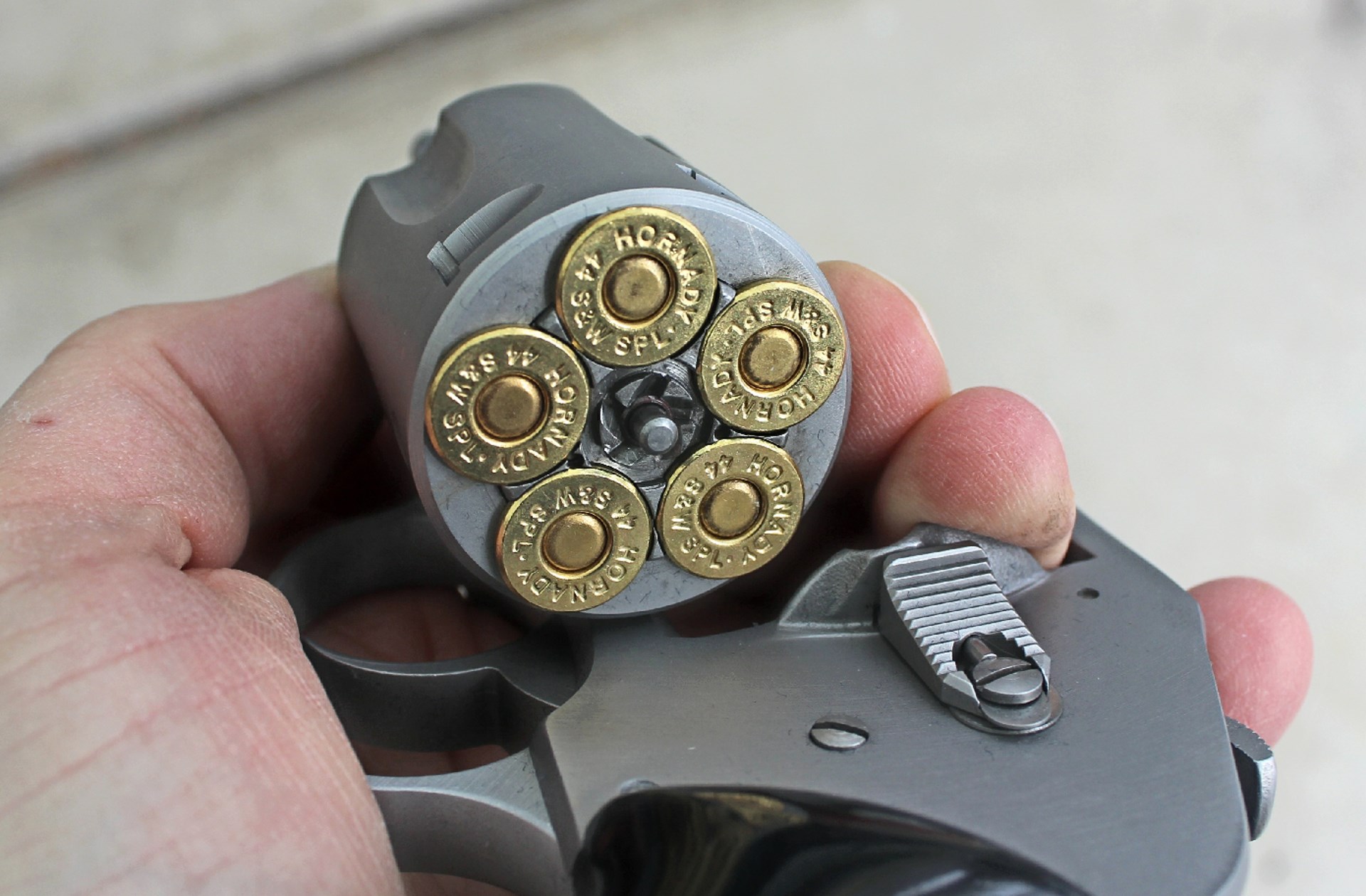 The Bulldog’s cylinder is just barely big enough to hold five rounds of .44 Special.
The Bulldog’s cylinder is just barely big enough to hold five rounds of .44 Special.
On one side of the aisle, you have the double-action-only (DAO) revolver fans who prefer their hammers bobbed (the spur removed) or fully encased inside of a rounded frame. The idea is that since most self-defenders will not have the time to cock a hammer in an emergency situation anyway, why not give the gun a sleek, no-snag profile that ensures a quick, easy draw from the holster?
The other side of the discussion is populated by those who prefer revolvers with fully exposed and spurred hammers that allow for two trigger modes: DA/SA. Manually cocking the hammer for SA fire significantly reduces the trigger’s pull weight and travel distance to aid in more accurate shot placement.
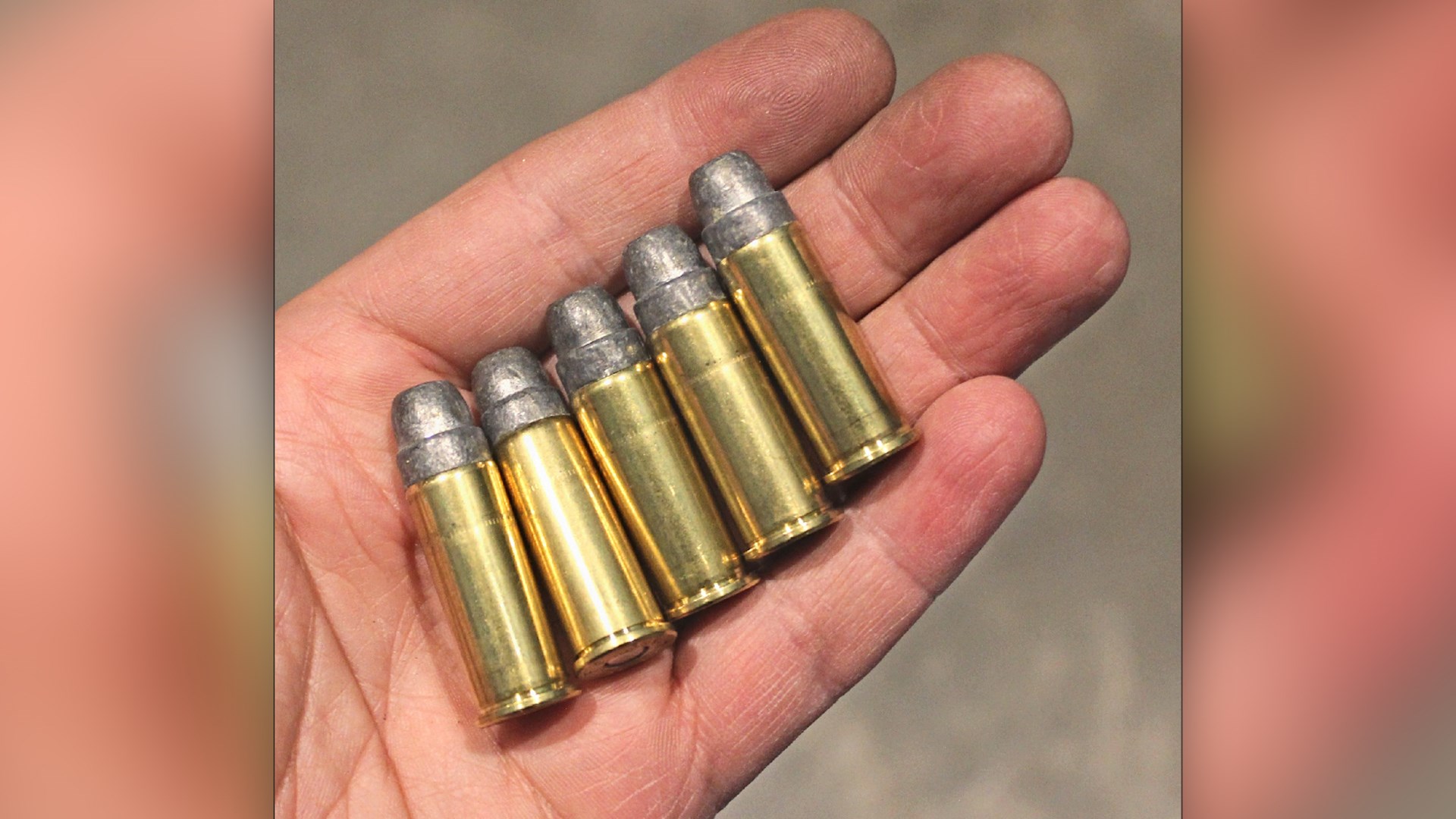 A seemingly old-fashioned design, semi-wadcutter lead hollow points still pack a wallop.
A seemingly old-fashioned design, semi-wadcutter lead hollow points still pack a wallop.
A shrouded hammer is intended to split the difference between DAO and DA/SA configurations. This Bulldog is fitted with the same spur hammer as other models, but the rear of the frame shrouds either side of it. The hammer is still smooth and easy to cock while the extended frame makes the gun easy to draw from inside the waistband. It's a useful solution that works in practice, even if it does spoil the traditional lines of the revolver’s frame.
That Grip? Really?
You may not believe that there could be such a thing as a controversial revolver grip, but I found one. It is the discontinued Barami Hip Grip, and it may be best described as a transitional concealed-carry product. Back in the “good ol' days,” when people wanted to carry a handgun inside-the-waistband, they generally shoved the gun into place and hoped for the best. As one might expect, a small revolver could slip around or even drop down and out though a pant leg in a most inconvenient manner.
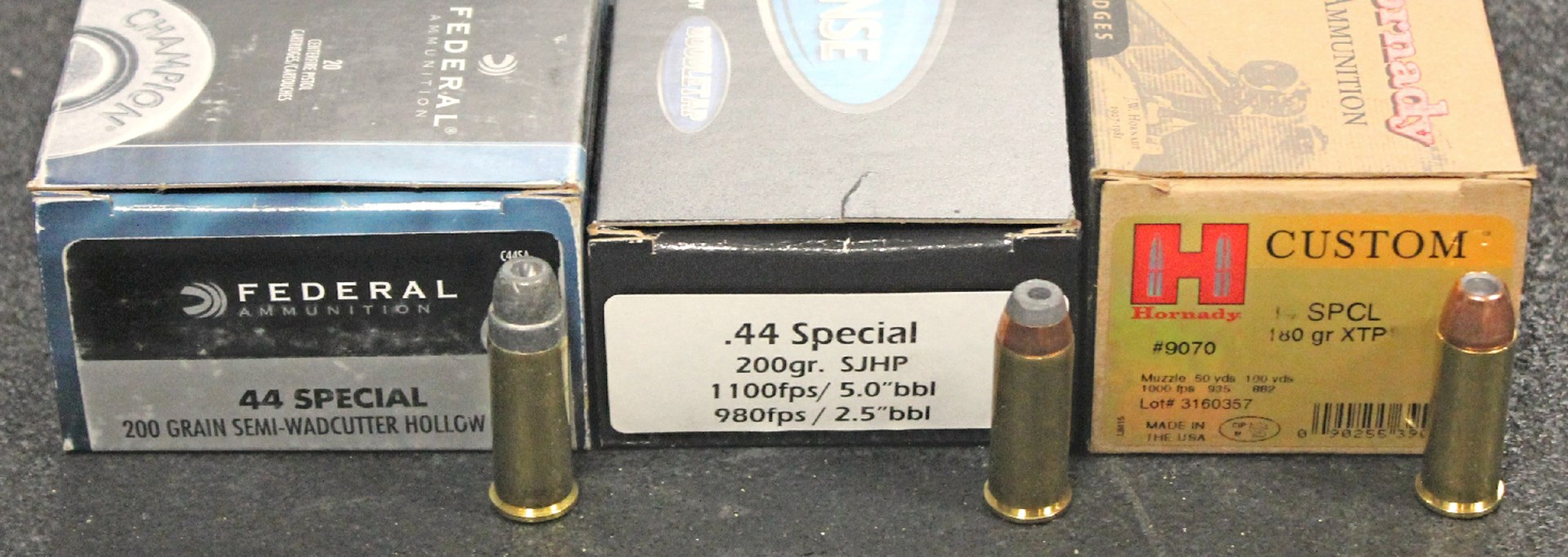 Although not as diverse as some chamberings, there is a good selection of .44 Spl. defensive loads available on the market.
Although not as diverse as some chamberings, there is a good selection of .44 Spl. defensive loads available on the market.
The small profile Hip Grip panel set, which is molded from black plastic, has a flange-like extension on the right side. It hooks over a belt to keep the gun in place inside the waistband with the revolver resting with a rearward cant. But why use an old and discontinued grip design with this revolver?
Well, by installing the Hip Grip, I was able to shave 1.3 ozs. off of the revolver's factory-listed weight as well as remove 0.75" from its height when installed in place of the OEM finger-grooved rubber grip. But what's truly surprising about the Barami is just how well it fits my hand. The black plastic provides a good bit of grip in the hand, even though it is smooth, and it allows for a high shooting-hand position. This in turn lowers the bore axis and makes the gun more controllable. It’s not more comfortable to shoot, per se, but the Bulldog a carry-a-lot, shoot-a-little gun to begin with.
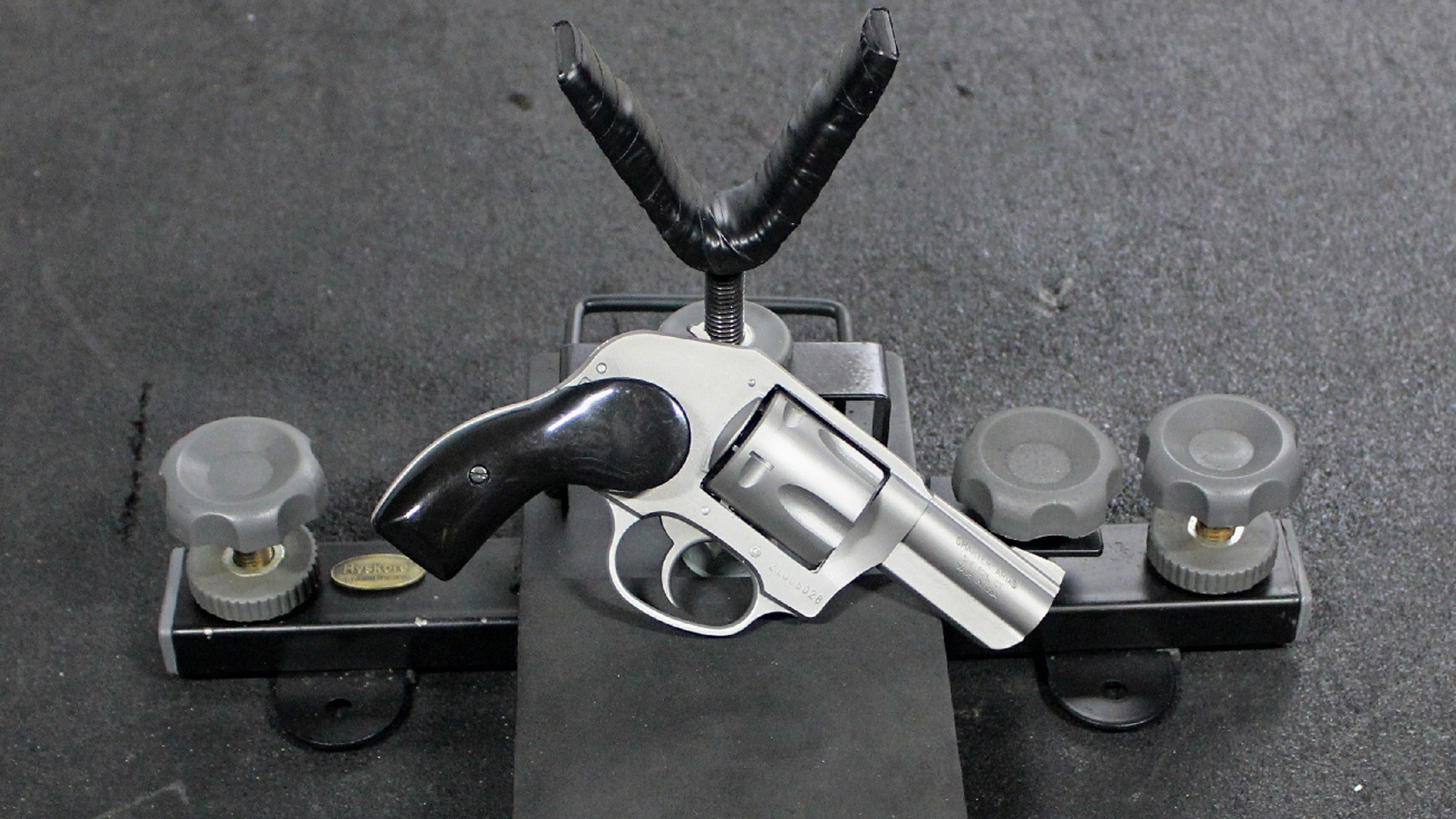 Stout recoil and a small grip makes this a carry-a-lot, shoot-a-little revolver.
Stout recoil and a small grip makes this a carry-a-lot, shoot-a-little revolver.
Finally, the right-side, belt-hooking extension is not an either/or proposition. It slips right over the top edge of a belt or IWB holster. I would not recommend the Barami Hip Grip as an all-day, every-day carry solution since there are so many well-made CCW holsters available. But it does come in handy when the Bulldog is loaded with CCI Ammunition pest-control shotshells and slipped into a jeans pocket for pop-up rodent control or snakes.
But It's Kind Of A Pug-Ugly Revolver
Beauty is in the eye of the beholder, and I'll agree that this Charter Arms Bulldog model-and-grip combination may not gladden the eyes of all who gaze upon it. The slightly longer barrel and the bigger cylinder, the sloping angle of the hammer shroud and the stubby-looking grip frame next to the generous trigger guard, together, can give the gun a somewhat ungainly appearance when compared to a J-frame.
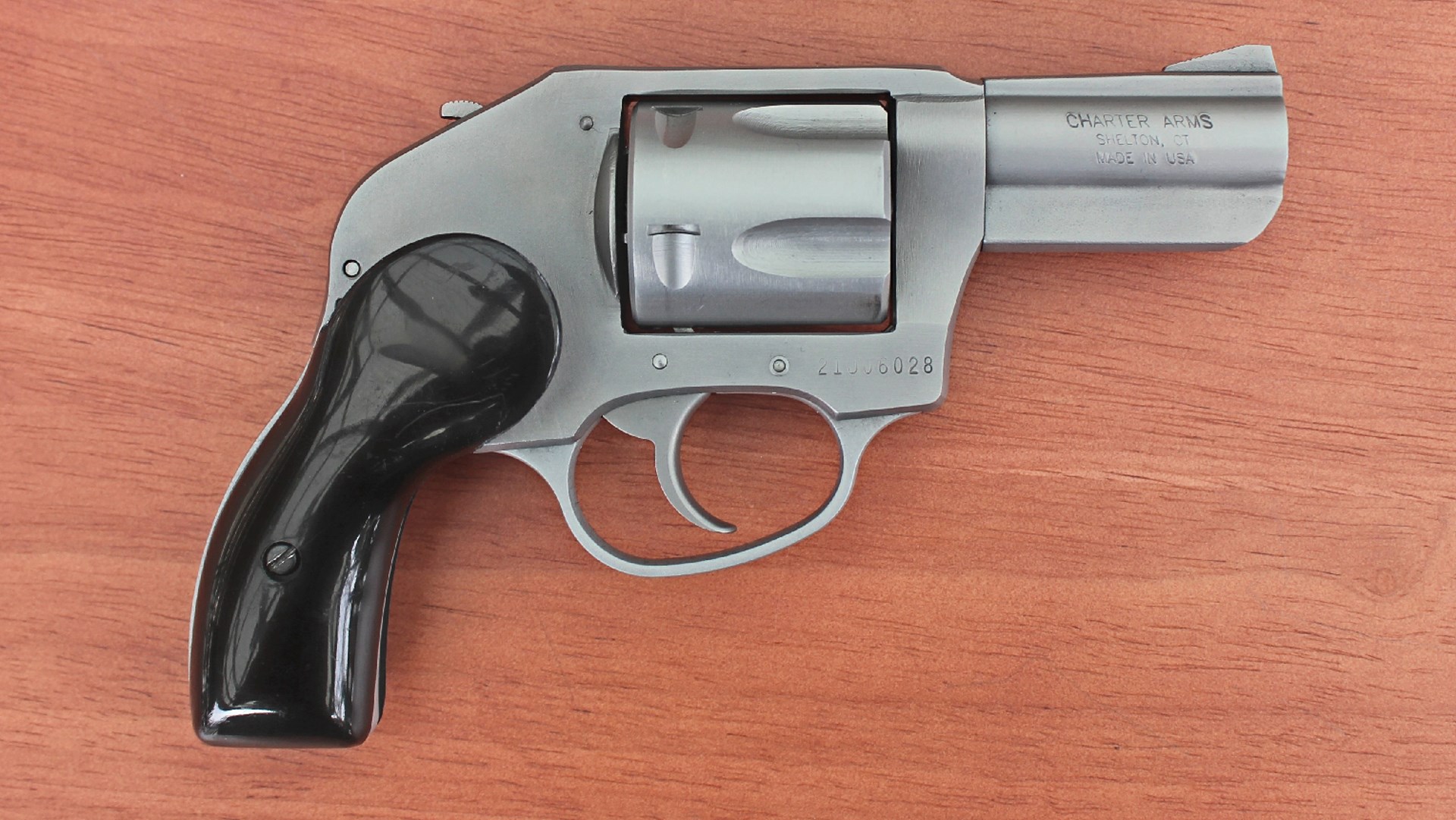 This tough little Bulldog may not be the most handsome dog in the show, but it’s a reliable wheel gun with a smooth action and trigger.
This tough little Bulldog may not be the most handsome dog in the show, but it’s a reliable wheel gun with a smooth action and trigger.
This tough little American-made, stainless-steel revolver sports a plain matte finish and fixed sight system, which contributes to its affordable price tag. But even though this gun costs less, Charter makes sure its Bulldogs leave the factory with a smooth action and controls. This particular revolver exhibits an unexpectedly light double-action trigger pull of 7 lbs., 9 ozs., and a single-action trigger that breaks at just 2 lbs. 5 ozs. of pressure. I won't fault anyone who chooses to invest in beautifying their handguns—I've done it myself—or who turns to other models they find more appealing. They say: “handsome is as handsome does.” The big-bore .44 Spl. Bulldog does just fine.
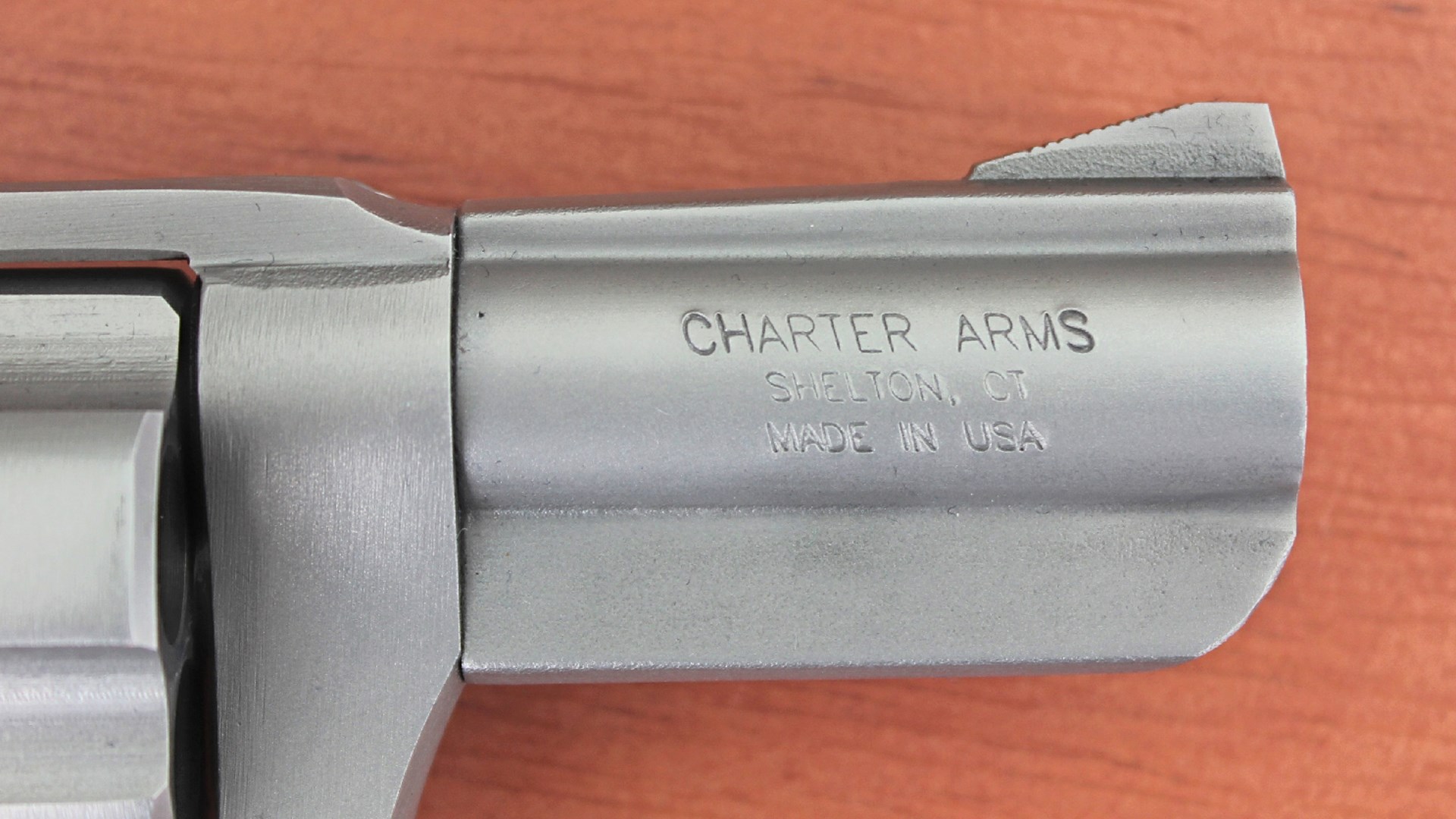
Charter Arms Bulldog Specifications:
Manufacturer: Charter Arms
Model: 74410
Action Type: double-action centerfire revolver
Chambering: .44 S&W Spl.
Barrel: 2.5” stainless steel, matte finish
Rifling: eight-groove, 1:18” RH twist
Frame: stainless steel, matte finish
Sights: fixed; square-notch rear, serrated-ramp front
Trigger: 7-lb., 9-oz., double-action pull; 2-lb., 5-oz. single-action pull
Cylinder Capacity: five rounds
Overall Length: 6.9”
Height: 5” (factory configuration)
Weight: 1.45” (cylinder)
Weight: 20.2 ozs. (factory configuration)
MSRP: $448
